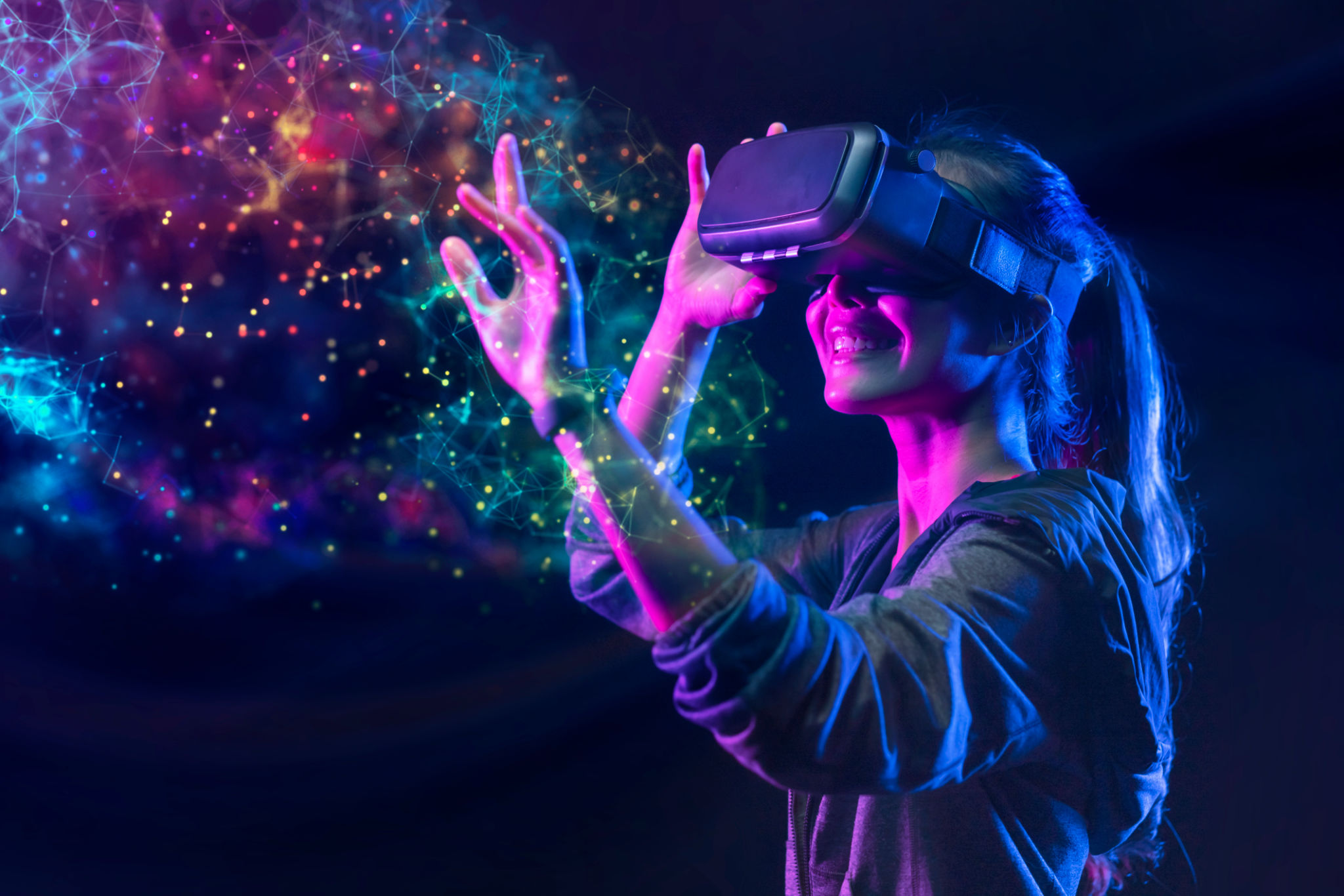How Science Fiction Shapes Technological Breakthroughs
The Influence of Imagination on Innovation
Science fiction has long been a genre that not only entertains but also inspires. It stretches the boundaries of what we perceive as possible and allows us to explore futuristic concepts that often become the reality of tomorrow. From Jules Verne's submarine in "Twenty Thousand Leagues Under the Sea" to Arthur C. Clarke's communication satellites, science fiction has consistently foreshadowed and influenced technological breakthroughs.
By allowing writers and creators to envision worlds beyond our current technological limits, science fiction plays a critical role in shaping the direction of scientific research and technological development. It acts as a catalyst that sparks the imagination of scientists and inventors, leading to advancements that were once only the stuff of dreams.

Concepts Turned Reality
Many technologies we use today were once mere fantasies depicted in science fiction stories. For example, the concept of the mobile phone was popularized by the communicators used in "Star Trek." This idea planted seeds in the minds of inventors, eventually leading to the creation of modern smartphones that have become integral to our daily lives.
Similarly, the idea of virtual reality has been explored in numerous science fiction works. The immersive environments described in these stories have inspired developers to create VR headsets, providing users with experiences that blur the lines between reality and fiction.

Artificial Intelligence and Robotics
The portrayal of artificial intelligence and robots in science fiction has significantly influenced real-world developments in these fields. Isaac Asimov's "Three Laws of Robotics" not only provided a framework for ethical AI but also inspired researchers to explore the potential and boundaries of intelligent machines.
Today, AI is an integral part of various industries, from healthcare to automotive, showcasing how fiction can lay the groundwork for real-world applications. Robots like those seen in "Star Wars" have spurred innovations in robotics, making them more sophisticated and capable than ever before.
Space Exploration
Science fiction has also played a pivotal role in shaping humanity's quest to explore outer space. Works like "The Martian Chronicles" and "2001: A Space Odyssey" have fueled interest and investment in space exploration. They have inspired generations of scientists to push the limits of what can be achieved beyond our planet.

The fascination with space travel has led to remarkable achievements, including landing on the moon, sending rovers to Mars, and developing plans for future manned missions to distant planets. The influence of science fiction is evident in the ambitious goals set by organizations like NASA and private companies such as SpaceX.
The Future of Science Fiction and Technology
As technology continues to evolve, science fiction will undoubtedly remain a powerful source of inspiration. It will challenge us to think critically about our future and the impact of technological advancements on society. The genre encourages dialogue about ethical considerations and societal implications, ensuring that innovation is guided by thoughtful reflection.
Science fiction not only anticipates technological breakthroughs but also shapes them by capturing the imagination of those who dare to dream. As we continue to explore new frontiers, both in fiction and reality, the boundary between what is imagined and what is possible will continue to blur, leading us into an ever-evolving future.
